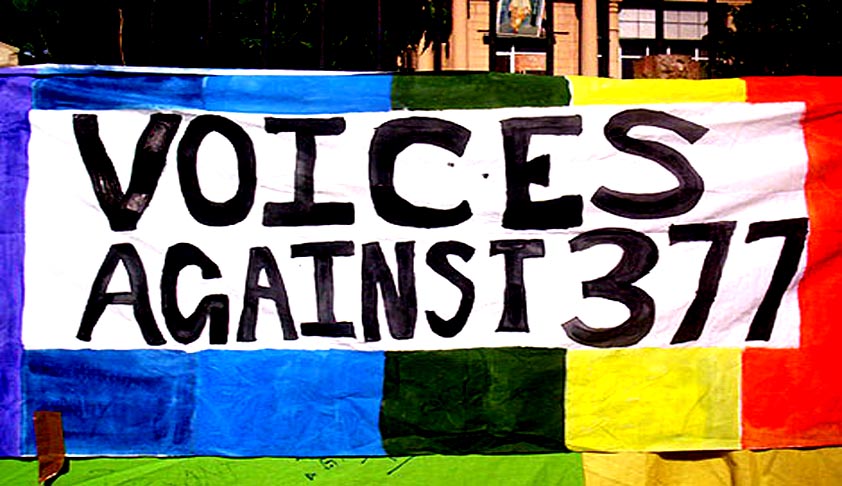Supreme Court’s consent to hear curative petitions filed by gay rights’ activists in an open court
LIVELAW NEWS NETWORK
3 April 2014 4:55 PM IST

Next Story
3 April 2014 4:55 PM IST
A Supreme Court bench headed by Chief Justice P Sathasivam gave its consent to consider the plea for an open court hearing on curative petitions, which is the last judicial option available for redressal of grievances in court. Judges in-chamber usually considers these petitions wherein parties are not given an opportunity to argue the case. Gay rights activists have filed the curative...
